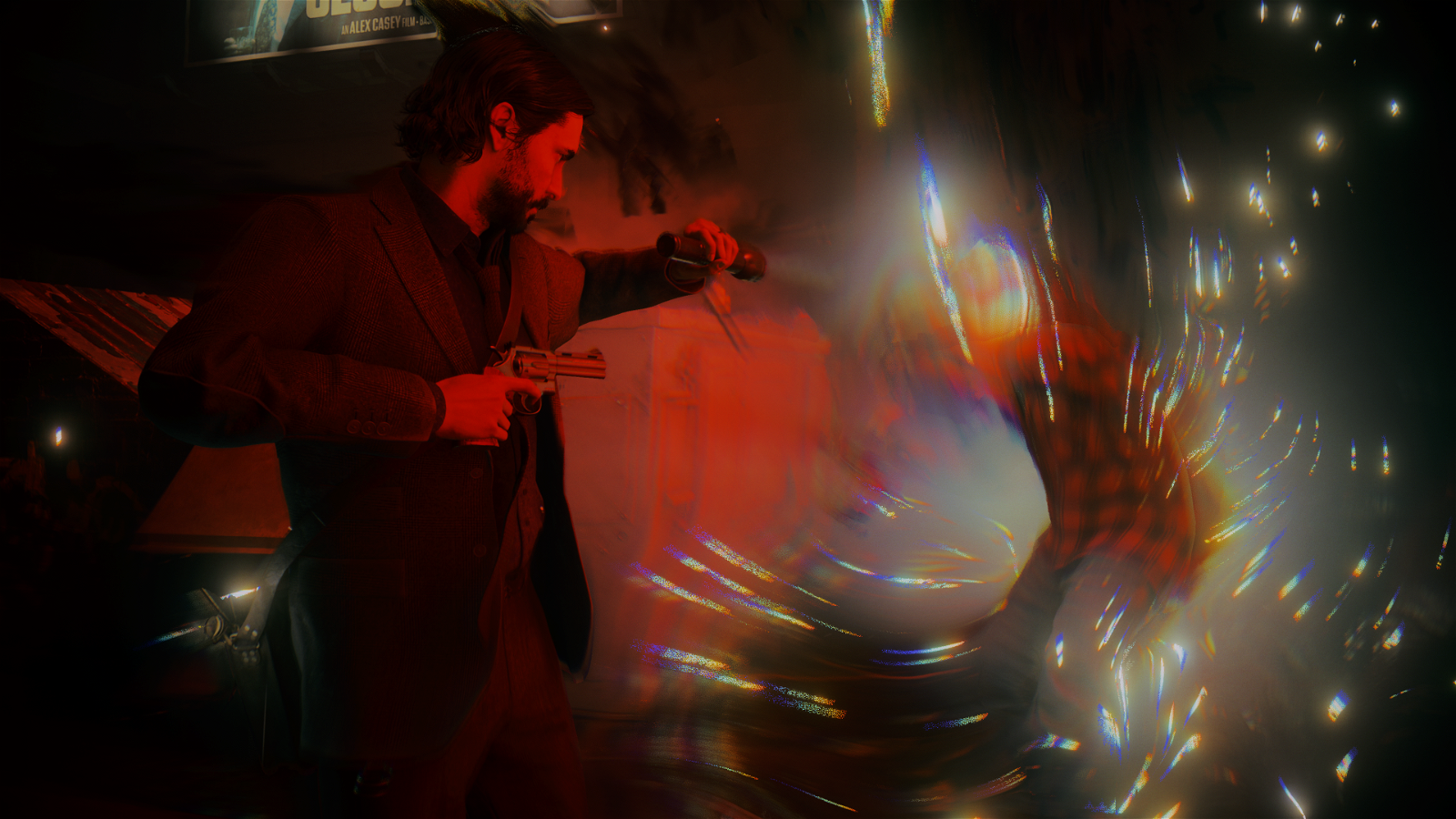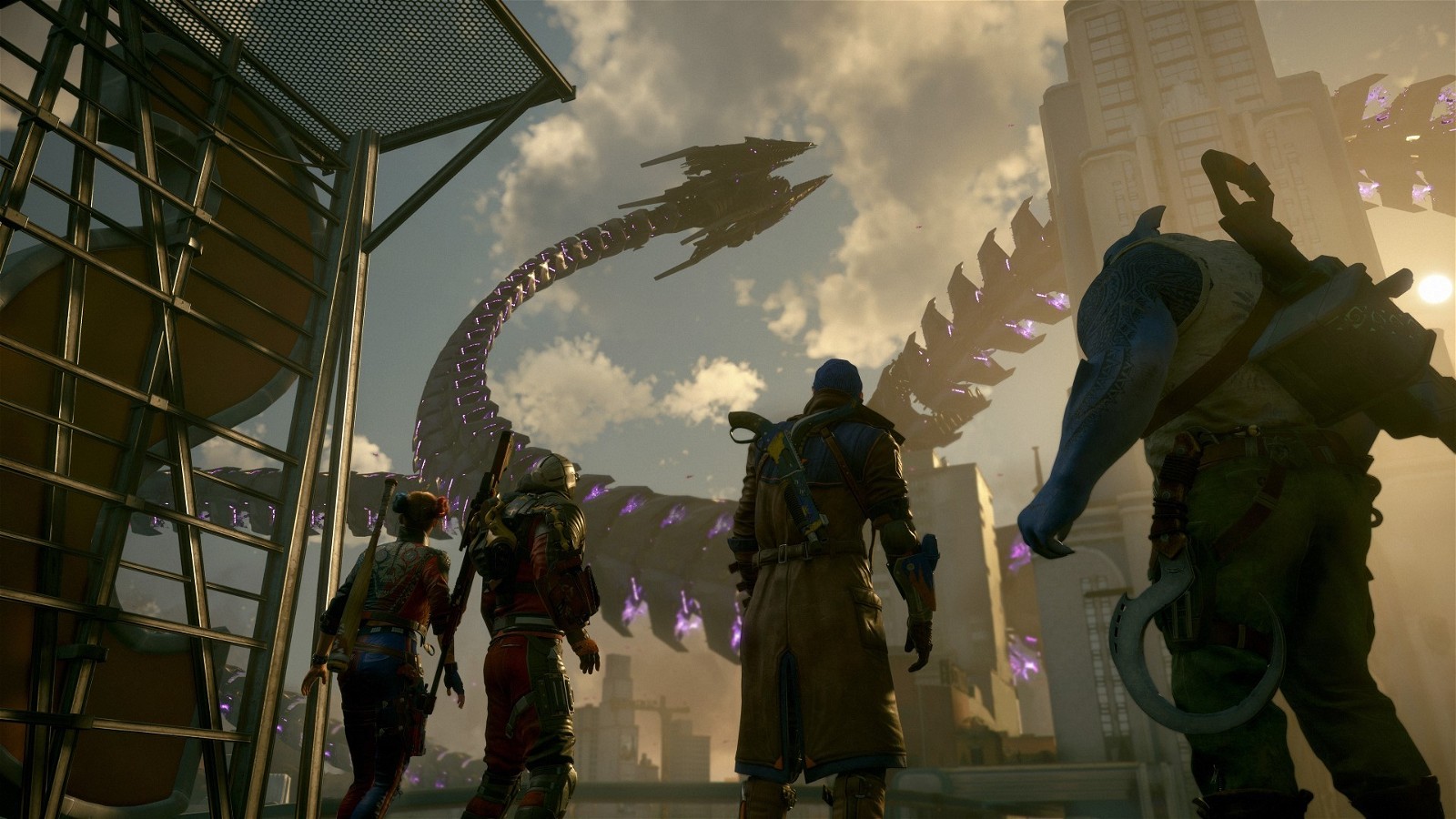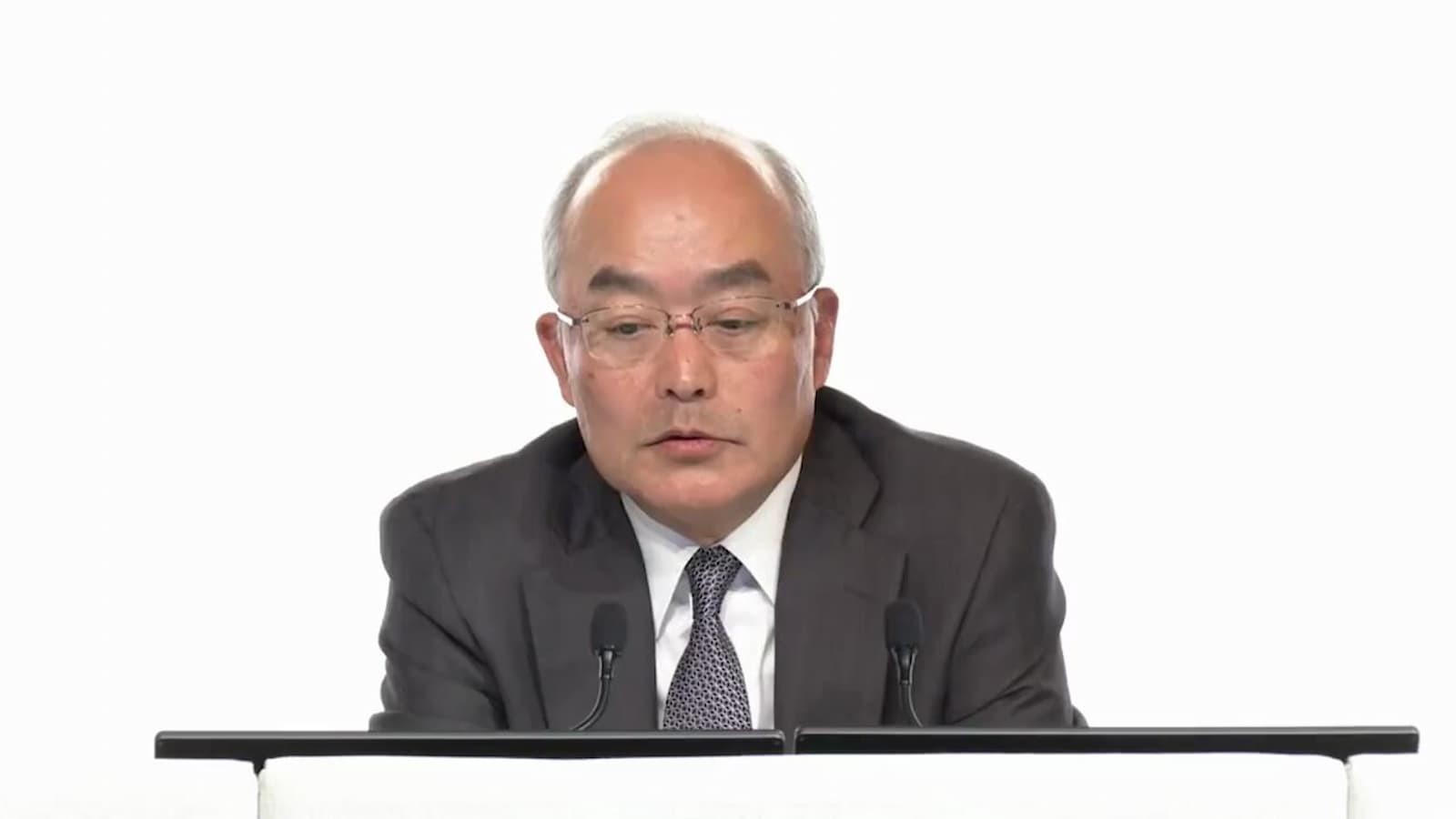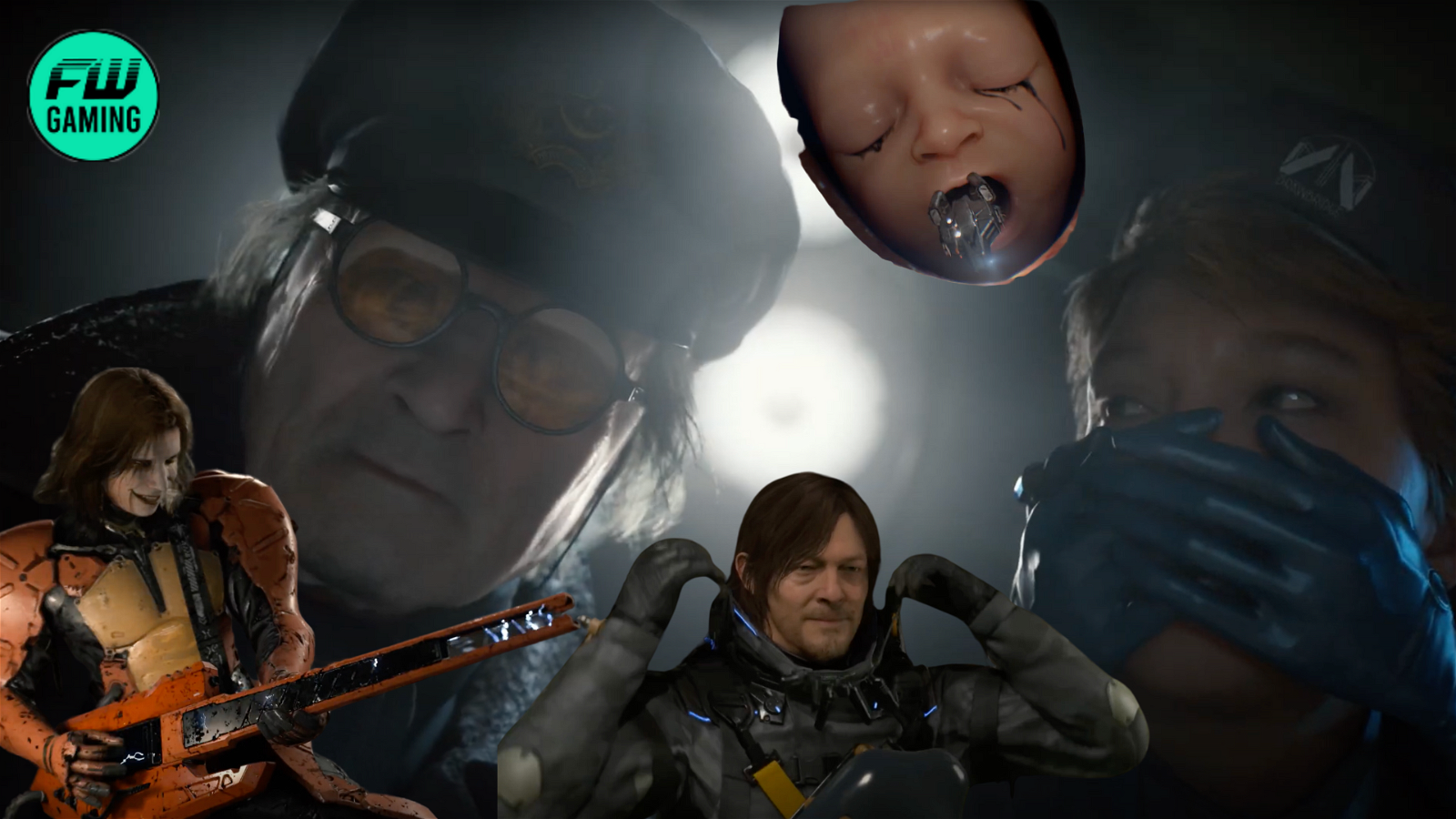Alan Wake 2 released to heavy critical acclaim in 2023 and quickly racked up a reputation as one of the best horror games ever made, making drastic improvements over the original, as well as expanding the shared universe between Control and Alan Wake.
Remedy reported sales data for Alan Wake 2 last month; the game sold over 1.3 million copies since launch, making it their fastest-selling title so far. However, AW2 has yet to turn a profit. Remedy CEO Tero Virtala expects “excellent long tail sales” for the game, but it also brings into question the sustainability of high-budget, auteur projects.
Alan Wake 2 Is Doing Well…But Is It?

Even though it’s widely considered a masterpiece and performed strongly according to Remedy, Alan Wake 2 hasn’t even recouped its entire €70 million ($54 million USD) developmental budget. It may have broken Remedy records and have long-term legs, but this situation raises concerns about the future of auteur-driven singleplayer games in an industry increasingly focused on profit.
The $54 million price tag is not unusual for AAA titles, or even that high compared to some others. Games like Baldur’s Gate 3, The Last of Us Part 2, and Horizon Forbidden West all boast budgets in the nine-digit category. As budgets swell, it naturally results in games taking months or even years to recoup their investments.
Despite Alan Wake 2‘s financial hurdles, it’s important to remember what it brings to the table artistically. Critically lauded for its unique plot, games like AW2 are much-needed in a landscape chock-full of live-service multiplayer games that ape each other. However, the lack of immediate profit might discourage corporations from investing in such innovative projects.
Live-Service Dominance

Now that the live-service genie is out of the lamp, it’s important to highlight the impact that these games have had on inventive singleplayer experiences like Alan Wake 2.
Profit-driven corporations are now prioritizing games with continuous revenue streams, which is why live-service titles have boomed in recent years. Everyone wants to have the next Fortnite, and that comes at the expense of developers having to shift focus from singleplayer, even if it’s not what the game itself needs.
The most recent example of this is Suicide Squad: Kill The Justice League. Touted as the successor to the iconic Batman: Arkham trilogy, hopes were tremendously high for the game. However, the live-service focus compromised it, with the characters feeling same-y due to all of them using guns, as well as a controversial and dull story. WB said the game has “fallen short of expectations”.
In sharp contrast to Suicide Squad, 2023’s singleplayer-only Hogwarts Legacy was a colossal success for WB, as it was the best-selling game of the year. It only goes to show that success isn’t guaranteed with live-service titles, but corporations are still chasing the concept, and this trend may continue to suffocate the development of single-player experiences like Alan Wake 2.
Layoffs Prove That Profitability Is King

PlayStation has been in the news lately thanks to comments from interim SIE CEO Hiroki Totoki acknowledging the razor-thin profit margins of the company due to ballooning budgets: “I personally think there are opportunities out there for improvement of margin, so I would like to go aggressive on improving our margin performance.”
Just yesterday, PlayStation announced layoffs of 900 employees globally, along with the closure of London Studio, and the cancellation of the Twisted Metal live-service game that was in development at Firesprite. As bad as the news is, one can only assume that this decision was made to favour the “margin performance” Totoki mentioned.
This simply goes to show that in a time as volatile as this for the games industry, profits are on the zenith of priorities, and corporations will cut any corner they can to appease shareholders.
Even though there may be a disconnect between artistic merit and financial results for games like AW2, we hope that the industry can find a balance, nurturing artistic expression alongside financial sustainability. After all, it’s the weird, quirky experimental games that push the envelope (see: Kojima).
Alan Wake 2 serves as a reminder of the potential conflict between art and profit in the games industry. While the game’s success is undeniable, its financial situation highlights the delicate position of novel single-player experiences in a landscape increasingly focused on bottom lines.




